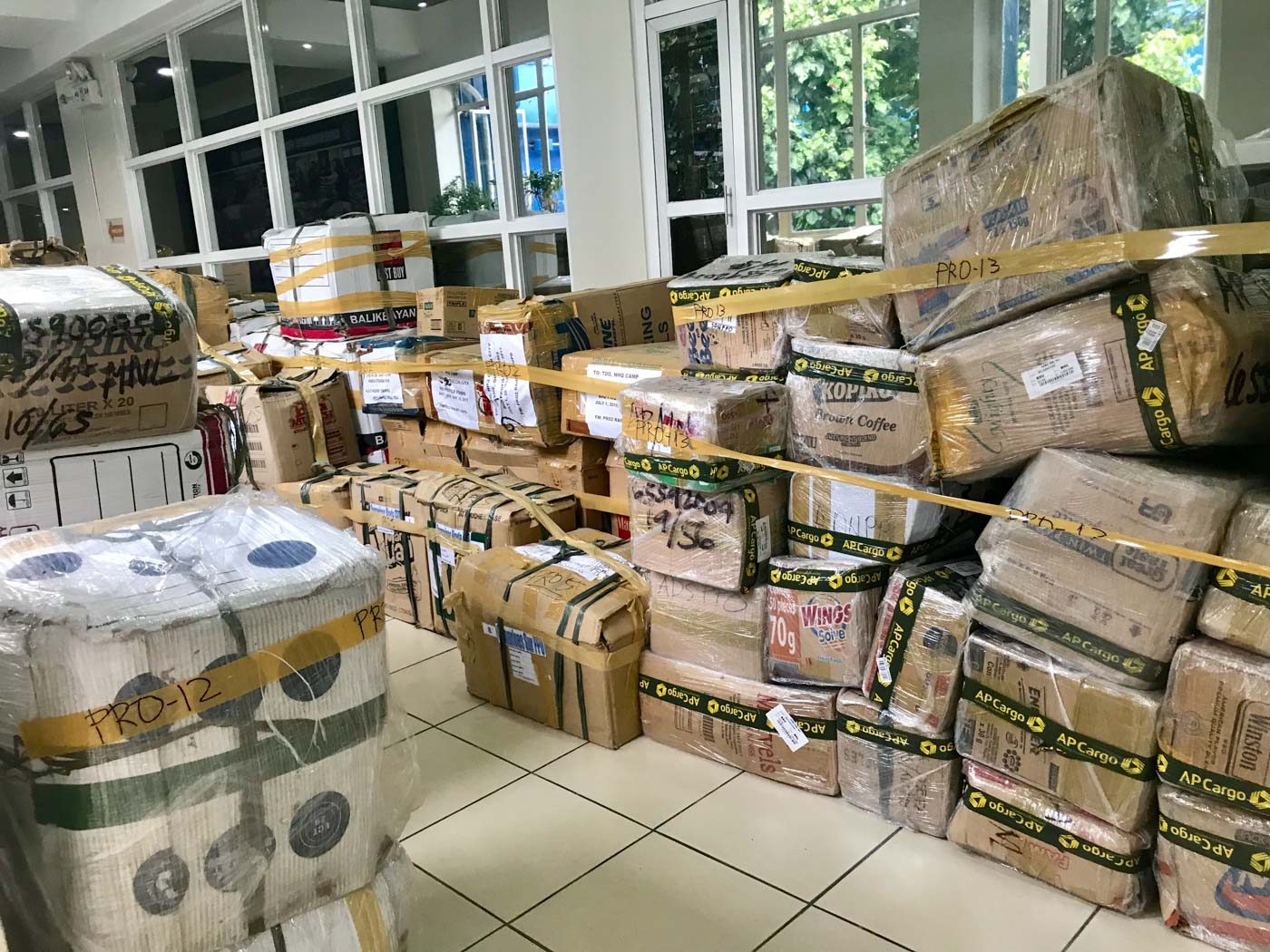SUMMARY
This is AI generated summarization, which may have errors. For context, always refer to the full article.

BAGUIO, Philippines (UPDATED) – The Supreme Court (SC) en banc voted on Tuesday, April 2, to release to petitioners tens of thousands of documents related to the killings made under the mantle of President Rodrigo Duterte’s war on drugs.
“The Court ordered the Solicitor General to submit to the Supreme Court the police reports, copy-furnishing the petitioners,” SC Spokesman Brian Keith Hosaka said in a news conference on Tuesday.
Informed sources said the en banc voted unanimously to deny Solicitor General Jose Calida’s motion for reconsideration (MR) to keep the documents only between the government and the Court.
By ruling in favor of the release, the Court will now furnish the Center for International Law (CenterLaw) and the Free Legal Assistance Group (FLAG) copies of police and other investigation reports related to the 20,322 killings by both vigilantes and policemen in the war on drugs.
Calida had blocked this earnestly by arguing that the release of documents will put at risk national security. Calida also told the Court that CenterLaw and FLAG were not entitled to the rest of the documents as their cases only cover specific killings in Metro Manila.
Calida had also tried to block the submission of the documents in the first place, but he lost that case via a strongly-worded resolution in April 2018 which said that the high number of killings “may lead to the inference that these are state-sponsored killings.”
CenterLaw said the release of documents is important to shed light on the killings.
“This is an emphatic statement by the highest court of the land that it will not allow the rule of law to be trampled upon in the war on drugs. It is a very important decision,” said CenterLaw President Joel Butuyan.
Killings
The Supreme Court also said that at the very least, the government must prove that it has documented all killings, especially those in legitimate police drug operations.
Of the 20,000 or more cases of killings, the government recognized that 5,000 are the result of police operations. The government is not investigating the 5,000 due to the presumption of regularity.
Excluding numbers from Manila, Quezon City, and Taguig prosecutors, all in all, the government has prosecuted only 76 cases, meaning it has let thousands go unsolved.
The SC en banc needs to decide on the main petitions which seek to declare the entire campaign against illegal drugs unconstitutional.
The International Criminal Court (ICC), meanwhile, is examining whether the drug war killings amount to crimes against humanity. – Rappler.com
Add a comment
How does this make you feel?
There are no comments yet. Add your comment to start the conversation.